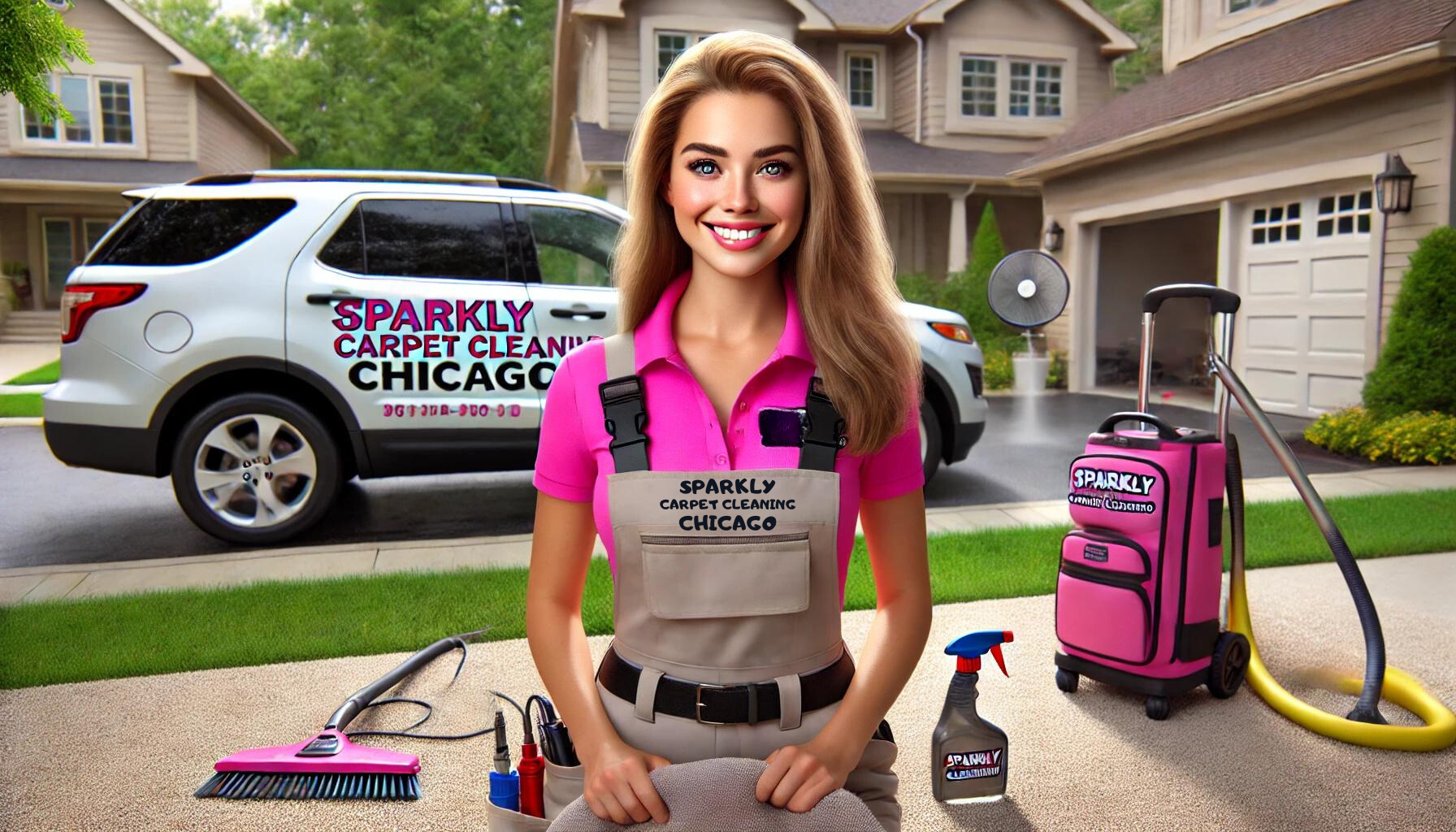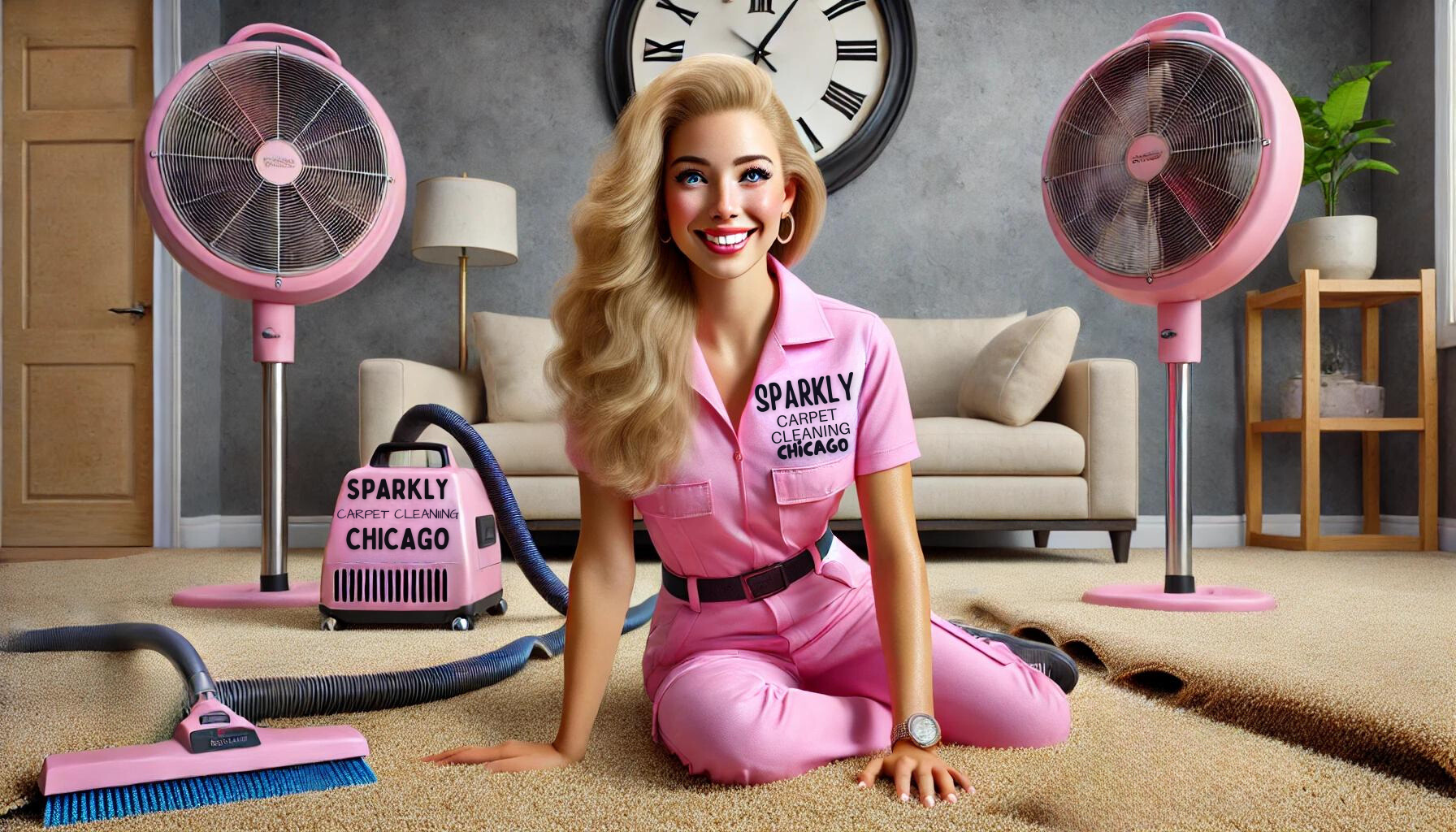A Complete Guide For Planning A Carpet Drying After Professional Cleaning
Your Guide To Faster Carpet Drying After Professional Cleaning
Understanding the Drying Process and Factors That Influence It
Carpet cleaning is a necessary task to maintain the beauty and hygiene of your home or office, but one common concern is the drying time post-cleaning. This article will explore various aspects that affect the drying period and offer tips to speed up the process.
What Affects Carpet Drying Time?
The time it takes for carpets to dry after professional cleaning can vary widely based on several factors. Understanding these can help you plan better and ensure your carpets are dry and ready to use as soon as possible.
Type of Carpet
The material of your carpet plays a crucial role in drying times. Woolen carpets, for instance, absorb more water and thus take longer to dry compared to synthetic fibers like nylon or polyester.
Cleaning Method Used
Professional cleaners might use different methods to clean carpets, such as hot water extraction or dry cleaning. Hot water extraction (commonly known as steam cleaning) generally leaves more moisture in the carpet, which can extend drying times.
Humidity and Airflow
The amount of humidity in your environment can significantly affect drying times. Higher humidity levels can prolong the drying process, as the air holds more moisture and reduces the rate at which your carpet can dry. Airflow, or the lack of it, can also impact drying time; good ventilation helps moisture evaporate faster.
Temperature
Warmer temperatures tend to speed up the drying process by increasing the evaporation rate of water. However, it’s important not to raise the temperature too high, as this could damage the carpet fibers or lead to unwanted bacterial growth.
How to Speed Up Carpet Drying Times
There are several effective strategies you can employ to decrease the drying time of your carpets following a professional cleaning.
Use Fans to Improve Air Circulation
Positioning fans around the room can significantly enhance airflow and reduce drying times. Make sure the fans are strategically placed to distribute air evenly across the carpet.
Dehumidify the Room
Using a dehumidifier can help pull moisture out of the air, allowing your carpets to dry faster. This is particularly useful in naturally humid climates or during wet weather conditions.
Increase Heat Sensibly
If it’s not too hot outside, you might consider turning up the heat to help speed up drying. However, it’s crucial to keep the temperature at a level that is safe for your carpet’s material.
Plan for Optimal Drying Conditions
If possible, choose a time for carpet cleaning when the weather is conducive to drying—low humidity and moderate temperatures are ideal. Also, ensure that the room is well-ventilated both during and after cleaning.
Regular Maintenance Tips to Keep Your Carpets Clean and Dry
Maintaining your carpets properly between professional cleanings can help minimize dirt build-up and reduce drying times when they are professionally cleaned.
Vacuum Regularly
Frequent vacuuming removes dirt and debris that can cling to wet carpets and slow down drying.
Attend to Spills Promptly
Addressing spills as soon as they happen prevents stains from setting in and makes professional cleaning services more efficient and potentially quicker drying.
Schedule Professional Cleanings Wisely
Plan professional carpet cleanings during seasons or times of the day when drying conditions are optimal. Avoid rainy days or very humid conditions when possible.
Final Thoughts on Carpet Drying Times After Professional Cleaning
Drying times for carpets post-cleaning can vary, but with the right knowledge and tools, you can help ensure your carpets dry as quickly and efficiently as possible. By considering the type of carpet, cleaning methods used, and environmental conditions, and by implementing some proactive steps, you can enjoy clean, dry carpets without a prolonged waiting period. This not only enhances your home’s hygiene but also extends the life of your carpets.



